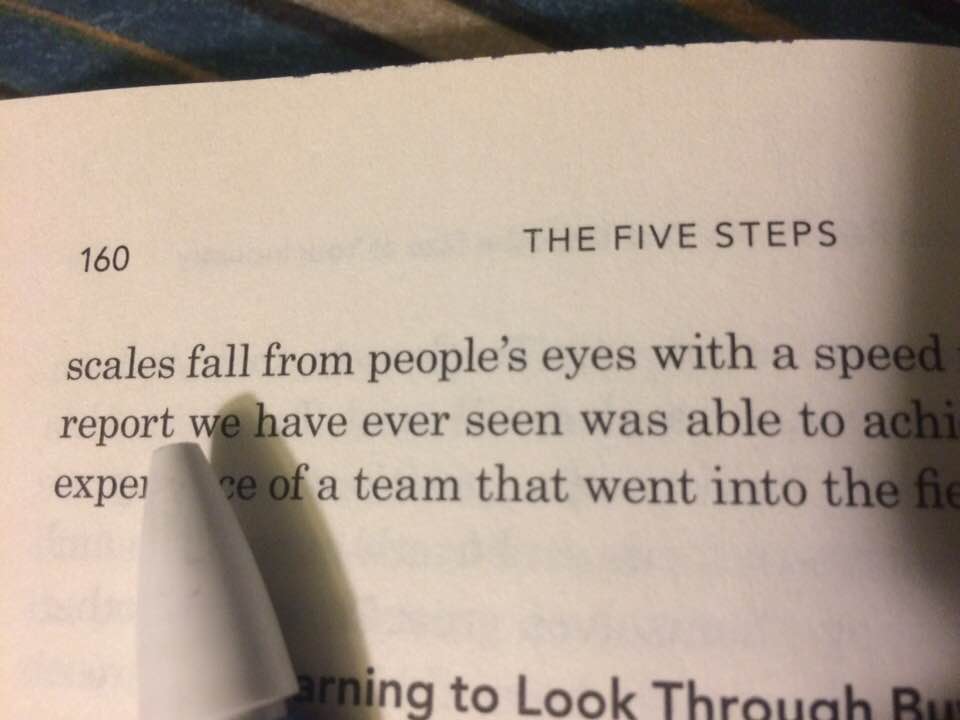
|
Several years ago I had the pleasure and honor of teaching a class called “Bible as Literature” at the local public high school where I was on staff. It was a great experience for me, and I believe for my students as well. “Bible in a public school?” you might wonder? From the Bible Literacy Project I learned that a survey was conducted of English Department chairmen at top universities across the US. The question was: “If there is one book your incoming freshmen students should be very familiar with, in order to help them be successful in English classes at your university, what would that book be?” The overwhelming answer was: The Bible. Please note: I am not referring to English departments at Christian universities, but rather to secular state and private colleges. A major reason given about why it is important for students to know the Bible? Because the Bible is a rich source of many analogies, allegories, and imagery used in the English language, including modern-day English.
Then there is also the 2015 award-winning book David and Goliath: Underdogs, Misfits, and the Art of Battling Giants. It’s not a religious book per se, but rather a business book. It examines how most people believe the “giants” among companies or countries always win and the little “Davids” always lose, but that is not always so. For example, big companies can be slow to see threats and change, while small companies can be more nimble and quickly exploit changing markets. For years Kodak was the “Goliath” of the American camera and picture industry. But when the paradigm shifted from film cameras to digital, Kodak was slow to respond and then went belly-up. See and buy the book here.
Today I was reading Blue Ocean Shift, and noticed on page 160 this phrase: “scales fell from people’s eyes….” This idiom means “to be able to suddenly see or understand something that one did not understand before.” It’s like having a sudden revelation. And actually, this idiom comes straight from the Bible. The Book of Acts 19:1-22 tells the story of a man named Saul who was going to Damascus, Syria to find and persecute Christians in the very early days of the Christian religion. However, he was knocked down by a strong light and heard the voice of Jesus asking why Saul was doing what he was doing. The story continues that Saul, now blinded, was led to Damascus where a Christian leader laid hands on him and prayed for him. At that time, something “like scales fell from his eyes” and he could see. Read the story here in English and Chinese.
Furthermore, the above-mentioned email even adds a New Testament Bible reference: “go the extra mile.” This saying, a quotation from Jesus recorded in Matthew 5:41, means to do extra, to go above and beyond what is expected. The email refers to it as a small business being able to provide outstanding, personalized service that a bigger company cannot do. In other words, a smaller company can be more flexible and willing to meet customers’ individual needs.
Jesus told his followers to “go the extra mile.” Jesus was speaking in first century Palestine, that was a colony of the Roman empire. There is usually a close connection between language and history. In this case, in Jesus’ times a Roman soldier could force a Jew in that area to carry his heavy armor or pack, as far as one mile, for no pay. It was just a burden the people had to carry, since they were ruled by the hated Romans. (When we hear stories like this, no wonder the Jews then hated the Romans!) So, to “go with someone one mile” was what was expected or demanded. However, Jesus told His disciples to “go the extra mile,” meaning, if one is forced to carry gear for one mile, not to stop then, but to voluntarily keep carrying it. THAT sort of willing service would catch the attention of the Roman soliders, and would maybe open a door for the believer to tell the Roman about faith in God.
Today the fast-food chicken sandwich chain Chick-fil-A is famous for it’s “go the extra mile” philosophy of outstanding customer service. The English language is rich with biblical references. A few examples are: as old as the hills, white as snow, bite the dust, a house divided against itself cannot stand (many believe that is a Lincoln quotation, but actually Lincoln was just quoting Jesus in the Bible), Good Samaritan, the blind leading the blind, etc. For a more thorough list, check this site. This video tells a bit more about the King James Bible (published in 1611) and many English phrases we get from it today. Do you need help improving your knowledge of English and vocabulary? Contact me today to find out how we can help you! |


